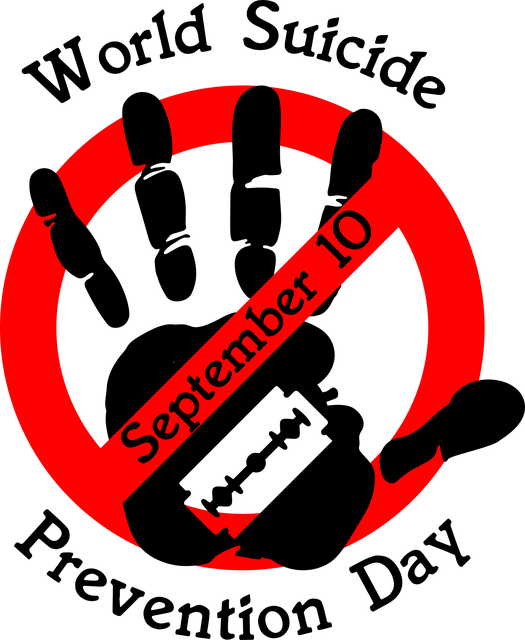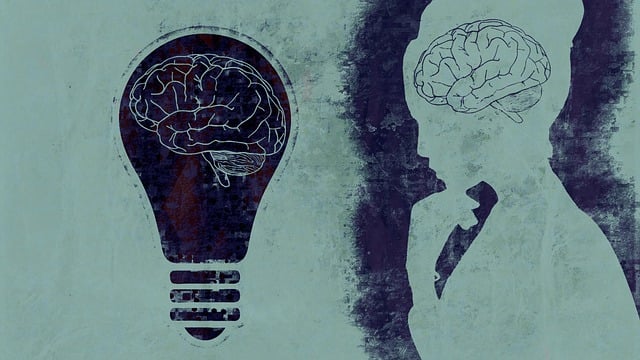Lone Tree French Speaking Therapy underscores the importance of risk assessment in quality mental healthcare, focusing on tailored evaluations for diverse clients and cultural contexts. Through adaptive strategies, emotional intelligence, and Mind Over Matter principles, therapists create safe spaces for healing while addressing challenges like language barriers, trauma, and stigma. To support therapists' well-being, a Community Outreach Program and Mental Wellness Journaling Exercises are implemented, fostering connection, reflection, and proactive mental health management.
In the dynamic field of mental health, risk assessment is a cornerstone of practice, crucial for both patient well-being and professional resilience. This article explores comprehensive risk management for mental health professionals, focusing specifically on the unique challenges faced by Lone Tree French Speaking Therapists. We delve into understanding risk assessment, addressing cultural considerations, and implementing effective strategies to enhance safety while mitigating risks in this specialized context.
- Understanding Risk Assessment in Mental Health Practices
- Challenges and Considerations for Lone Tree French Speaking Therapy
- Strategies to Enhance Safety and Mitigate Risks for Mental Health Professionals
Understanding Risk Assessment in Mental Health Practices

In the field of mental health, risk assessment is a cornerstone of safe and effective practice. It involves meticulously evaluating and understanding potential risks within the therapeutic environment, including those associated with specific client populations. For instance, at Lone Tree French Speaking Therapy, professionals must be adept at assessing risks related to cultural nuances and language barriers, ensuring tailored support for diverse clients. This process encompasses identifying vulnerabilities, predicting potential outcomes, and implementing preventive strategies to foster a secure space for healing.
Risk assessment goes beyond identifying hazards; it also entails recognizing the inherent resilience of individuals and communities. By incorporating Mind Over Matter principles and leveraging Emotional Intelligence, mental health professionals can navigate complex situations with empathy and adaptability. Such an approach not only minimizes risks but also contributes to meaningful Mental Illness Stigma Reduction Efforts, creating a supportive environment where clients feel understood and empowered to overcome challenges.
Challenges and Considerations for Lone Tree French Speaking Therapy

Lone Tree French Speaking Therapy practitioners face unique challenges due to their niche practice. One significant consideration is reaching and engaging clients who may have limited access to mental health services in their language. This requires strategic marketing and building trust within the French-speaking community, ensuring cultural sensitivity and confidentiality.
Additionally, managing emotional regulation can be a hurdle for these therapists as they often deal with complex cases involving trauma, anxiety, or depression. Utilizing effective conflict resolution techniques is essential to foster secure therapeutic relationships. Moreover, mental illness stigma reduction efforts play a crucial role in encouraging open dialogue and building a supportive environment for French-speaking clients seeking therapy.
Strategies to Enhance Safety and Mitigate Risks for Mental Health Professionals

To enhance safety and mitigate risks for mental health professionals, particularly those offering Lone Tree French Speaking Therapy, several strategies can be implemented. Firstly, establishing robust Community Outreach Program Implementation can help reduce isolation and foster a supportive network. Regular interactions with peers and community resources can provide mental health professionals with a sense of belonging and additional support systems, mitigating potential risks associated with solitude.
Additionally, incorporating Mental Wellness Journaling Exercise Guidance into professional routines can serve as an effective risk management tool. Journaling allows therapists to process complex cases, reflect on personal boundaries, and stay attuned to their emotional states. This self-care practice not only promotes mental wellness but also enhances the quality of care provided to clients, such as those seeking Lone Tree French Speaking Therapy. Moreover, encouraging clients to engage in Depression Prevention strategies through education and support can contribute to a more proactive approach to managing mental health risks within the therapeutic relationship.
Risk assessment is an indispensable tool for ensuring the safety of mental health professionals, especially in diverse practices like Lone Tree French Speaking Therapy. By understanding potential risks and implementing strategic mitigation measures, therapists can create a secure environment that benefits both clients and practitioners. This article has highlighted the importance of thorough risk assessments, offering insights into challenges specific to French-speaking communities and providing valuable strategies to enhance safety protocols. These steps are crucial in fostering a supportive and healthy work environment for mental health professionals.














